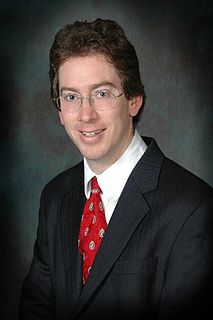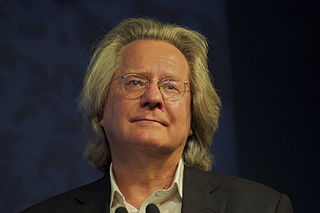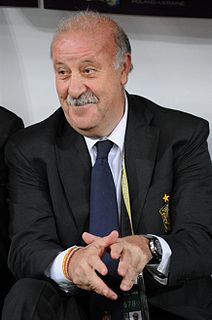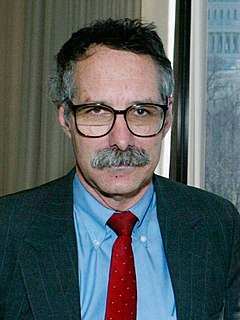A Quote by Bryan Caplan
There is a small minority of well-educated people with relatively sensible views on economics, and an extremely tiny minority of economists with highly sensible views. Then there's everybody else. ... To win, a politician needs to please the median voter. It makes little difference if a few thousand economists think you a fool.
Related Quotes
Economists operate with this image of the homo economicus, the rational economic agent, and while such agents are rare in the wider world, they are common in economics departments. Exemplifying the homo economicus paradigm, economists typically choose their research projects and hypotheses so as to promote their own careers, to maximize their lifetime income. This explains the astonishing pressures toward conformity in academic economics: how deviant views (except those by a few who have already achieved stardom) get crushed by an army of conformists.
Throughout history, poverty is the normal condition of man. Advances which permit this norm to be exceeded — here and there, now and then — are the work of an extremely small minority, frequently despised, often condemned, and almost always opposed by all right-thinking people. Whenever this tiny minority is kept from creating, or (as sometimes happens) is driven out of a society, the people then slip back into abject poverty. This is known as "bad luck.
Sensible Catholics have for generations been ignoring the views on contraception held by reactionary old men in the Vatican, but alas, since it is the business of all religious doctrines to keep their votaries in a state of intellectual infancy (how else do they keep absurdities seeming credible?), insufficient numbers of Catholics have been able to be sensible.
We must think of human progress, not as of something going on in the race in general, but as something going on in a small minority, perpetually beleaguered in a few walled towns. Now and then the horde of barbarians outside breaks through, and we have an armed effort to halt the process. That is, we have a Reformation, a French Revolution, a war for democracy, a Great Awakening. The minority is decimated and driven to cover. But a few survive- and a few are enough to carry on.
How should the best parts of psychology and economics interrelate in an enlightened economist's mind?... I think that these behavioral economics...or economists are probably the ones that are bending them in the correct direction. I don't think it's going to be that hard to bend economics a little to accommodate what's right in psychology.
Probably the only people left who think that economics deserves a Nobel Prize are economists. It confirms their conceit that they're doing 'science' rather than the less tidy task of observing the world and trying to make sense of it. This, after all, is done by mere historians, political scientists, anthropologists, sociologists, and (heaven forbid) even journalists. Economists are loath to admit that they belong in such raffish company.




































